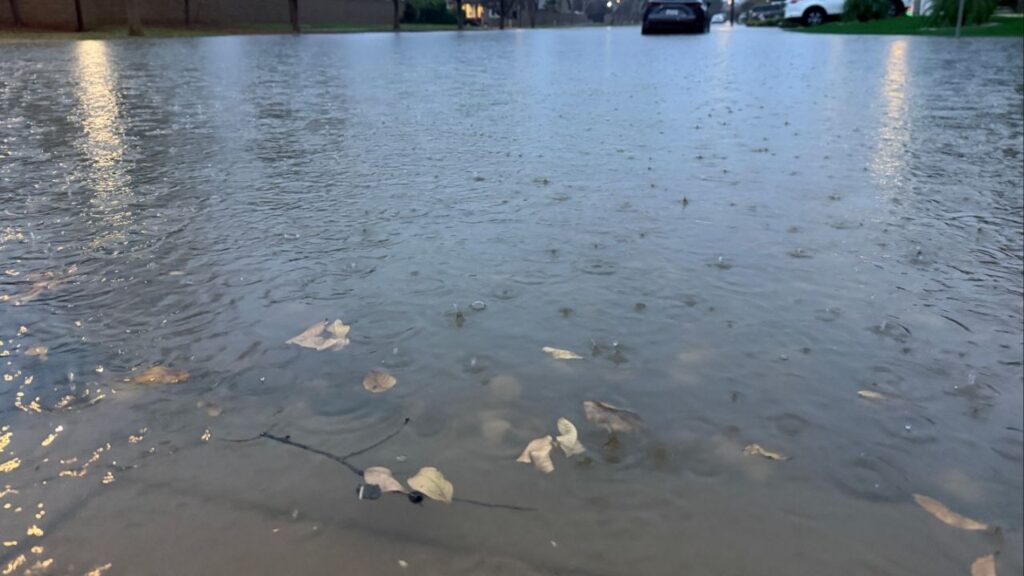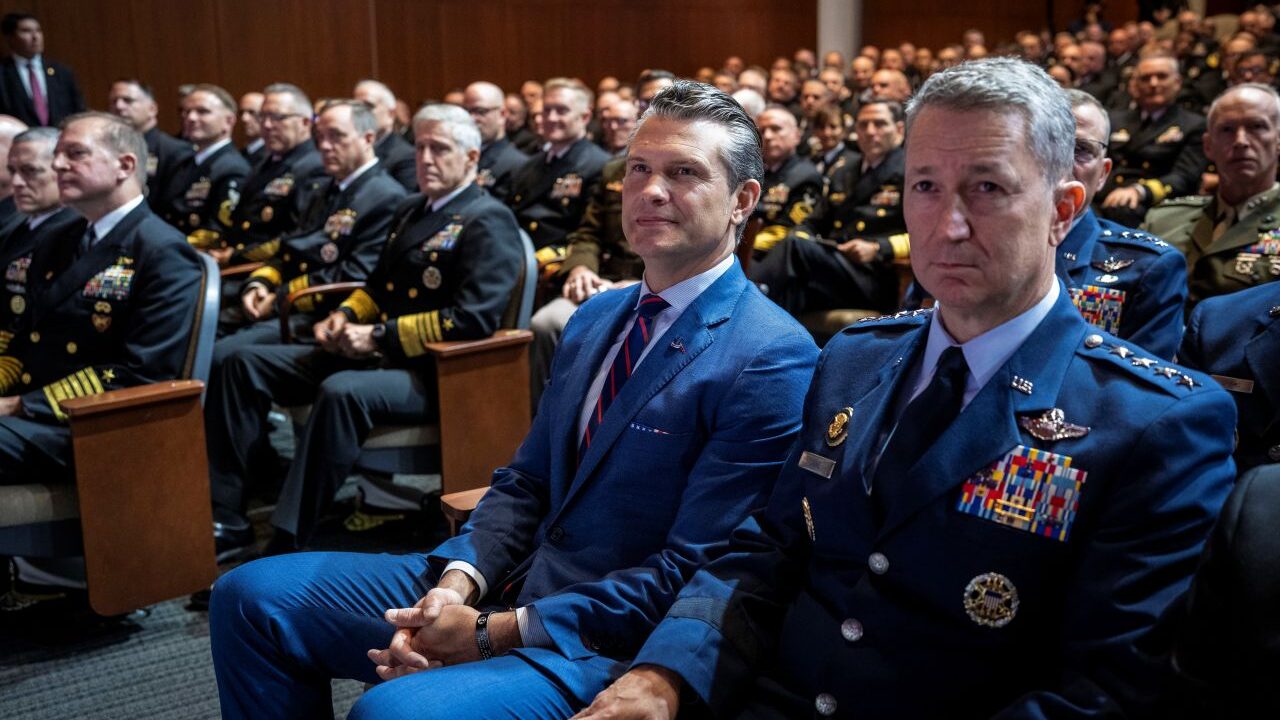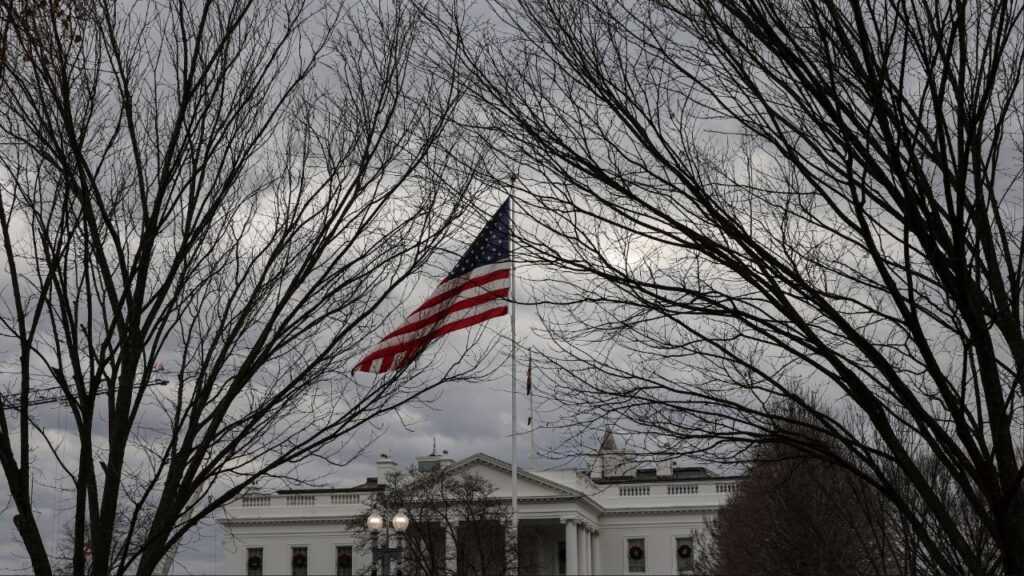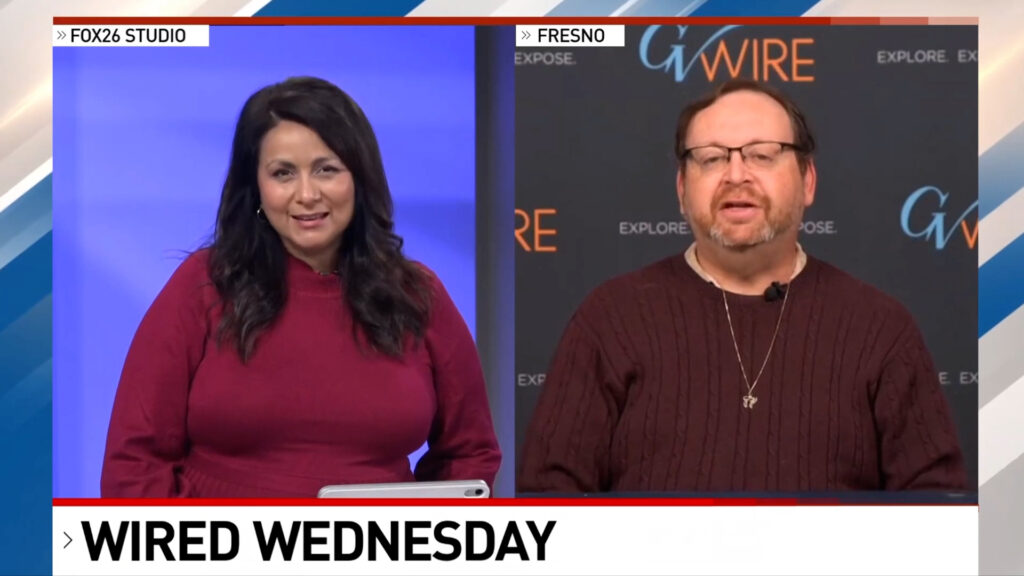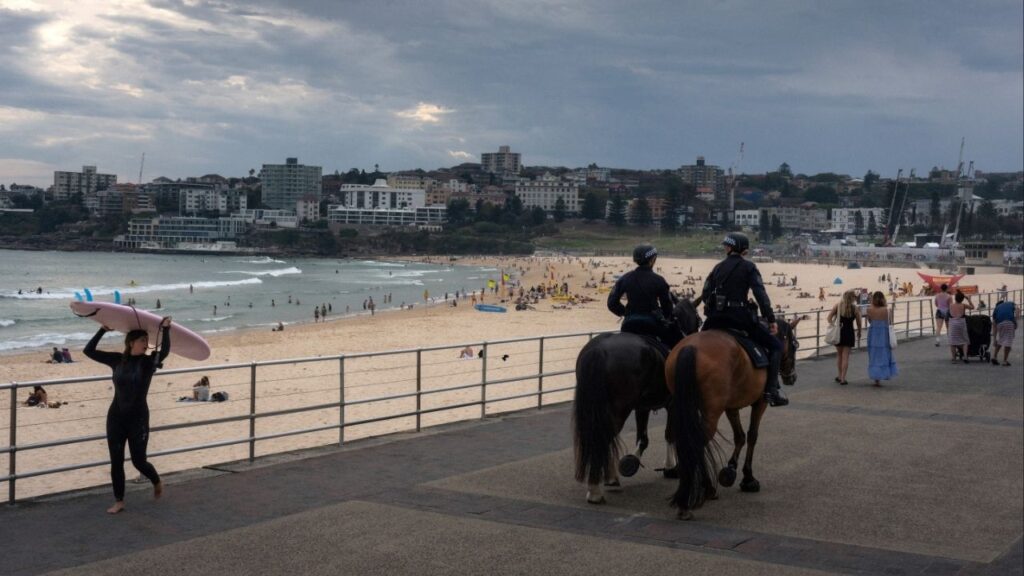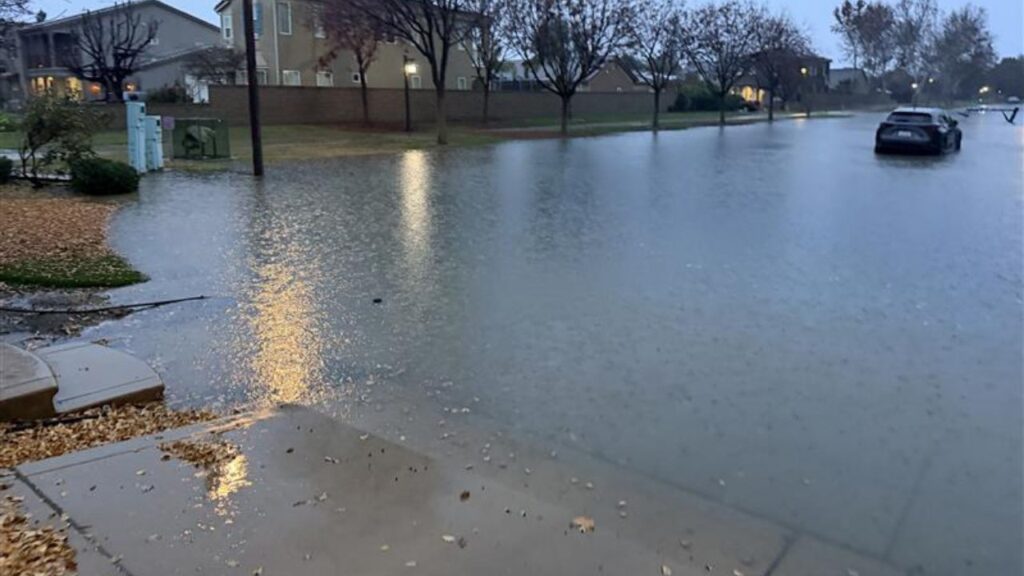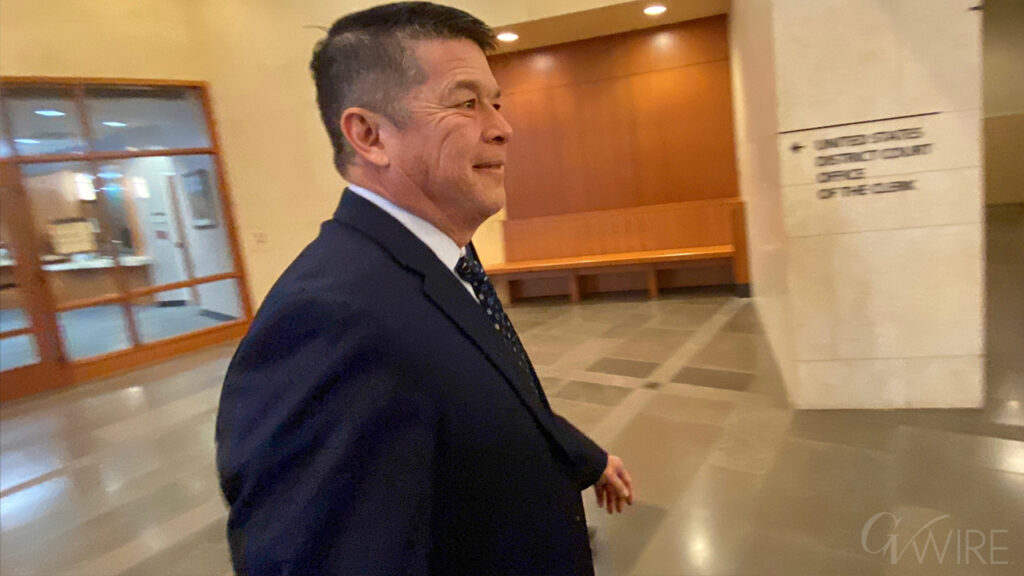Defense Secretary Pete Hegseth, center, and Air Force Gen. Dan Caine, chairman of the Joint Chiefs of Staff, listen as President Donald Trump speaks to a crowd of hundreds of U.S. generals and admirals from around the globe at the Marine Corps base in Quantico, Va., on Tuesday morning, Sept. 30, 2025. (Doug Mills/The New York Times)

- President Trump tells America's military leaders, "We should use some of these dangerous (U.S.) cities as training grounds for our military.”
- “I think we should maybe start thinking about battleships,” Trump said at one point. “By the way, the B-2 bombers were incredible."
- Defense Secretary Pete Hegseth summoned several hundred military commanders to Quantico on Tuesday for a meeting.
Share
|
Getting your Trinity Audio player ready...
|
WASHINGTON — It was a speech unlike any other and just like every other.
The makings of it were strange and rare. Washington had raised a collective eyebrow last week when news began circulating that President Donald Trump and his defense secretary had summoned the country’s military brass to a base in Virginia for an unexplained meeting. The timing was notable. This summons had come just as the president had started to act with a new aggressiveness to carry out his long-held and oft-stated desire to send the military into U.S. cities, ostensibly to reduce crime.
Several hundred military commanders turned up at Quantico on Tuesday morning. Some had flown in for it from places as far away as Germany, Brussels, Japan and South Korea. They sat mostly in silence as Trump talked for 73 minutes about the same things he talks about almost every day, no matter where he is or to whom he is speaking.
He talked to the generals about Joe Biden and the infamous autopen. He talked about the media. He talked about tariffs and the border. He talked about the time he went to a restaurant in Washington to eat dinner. He talked about not being awarded a Nobel Peace Prize he felt he had earned.
These were pretty much the same things he talked about a day earlier while standing next to Prime Minister Benjamin Netanyahu of Israel in the State Dining Room at the White House, which were the same things he talked about at Charlie Kirk’s memorial service in Arizona, which were the same things he talked about at Windsor Castle and at Chequers in England.
But if the generals were paying attention during minute 44 of the president’s speech Tuesday, they would have heard the fleeting but unmistakable sound of something new. Something different.
Use Dangerous US Cities as Military Training Grounds
It was at that moment that the president recounted a conversation with his defense secretary: “I told Pete, we should use some of these dangerous cities as training grounds for our military.”
We should use some of these dangerous cities as training grounds for our military, the president of the United States said.
On an almost daily basis, thousands of words pour forth from the president’s mouth. Sometimes, he tucks in a wild insight about the direction he is taking the country.
It can be hard to discern these moments for what they are. Partially that’s because we hear from Trump so often. He is on TV constantly. But it’s also because, in his second term more than ever, he has become so devoid of context. He seems unwilling or unable to modulate based on his audience, his setting or his circumstances.
If there had been any point to dragooning all those high-powered military commanders from around the country and the world to Virginia on Tuesday, it wasn’t exactly clear from Trump’s speech what that might have been. He would occasionally slip in observations or references that were more on topic, but these flights from his usual refrains seemed almost beside the point, if indeed there was one.
“I think we should maybe start thinking about battleships,” he said at one point. “By the way, the B-2 bombers were incredible,” he said at another point.
He mentioned that he used to love watching “Victory at Sea,” the old black-and-white television series about World War II.
Eager to Win Over the Audience
There is also the matter of his delivery. It has become harder to perceive the occasionally revealing things the president says — like Tuesday’s admission that he saw American cities as “training grounds” for troops — because of the way he sometimes says them.
For a 79-year-old, he’s often shown a great deal of energy, but he seemed a bit sapped Tuesday. As his remarks went on and on, his voice took on a more monotonous quality. A day earlier, when he spoke at the White House while standing beside Netanyahu, Trump sounded out of breath at times.
Even though Tuesday’s speech was not so different from all the others, he still seemed intent on winning over his audience with it.
“I’ve never walked into a room so silent before,” he said as he began. He acknowledged that members of the military were not meant to act like partisans, but told the crowd not to be concerned with such customs. “Just have a good time,” he instructed. “And if you want to applaud, you applaud. And if you want to do anything you want, you can do anything you want.”
He told the brass, “You just feel nice and loose, OK?”
This article originally appeared in The New York Times.
By Shawn McCreesh/Eric Schmitt/Doug Mills
c.2025 The New York Times Company
RELATED TOPICS:
Categories

Fresno Man Dies After Being Shot by Neighbor, Police Allege

Fresno Underpass Closed Due to Flooding
